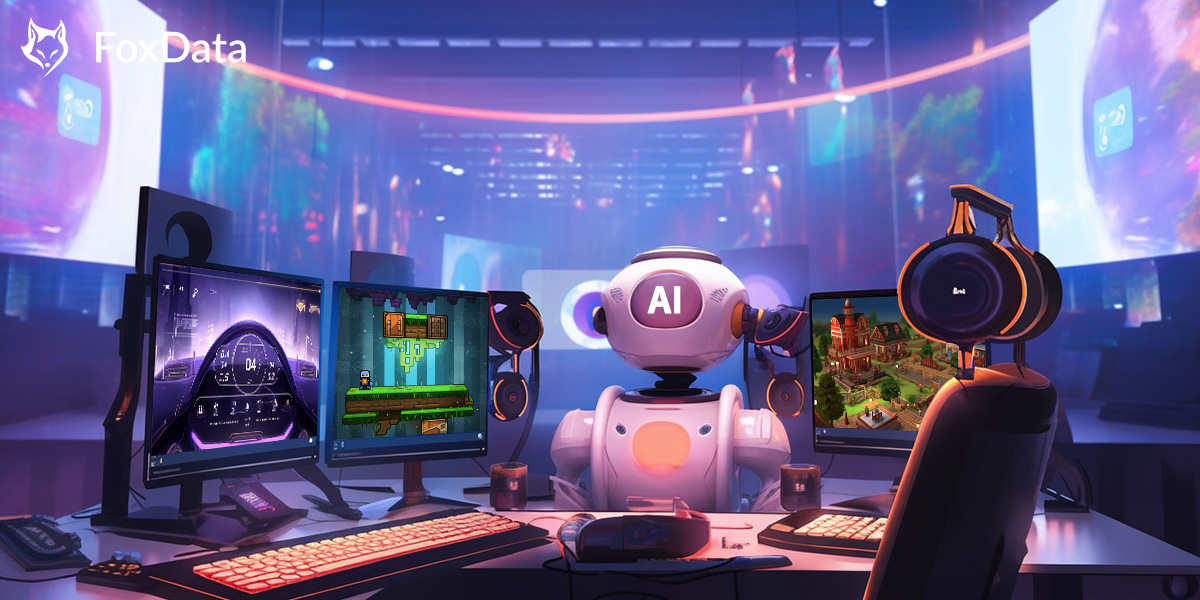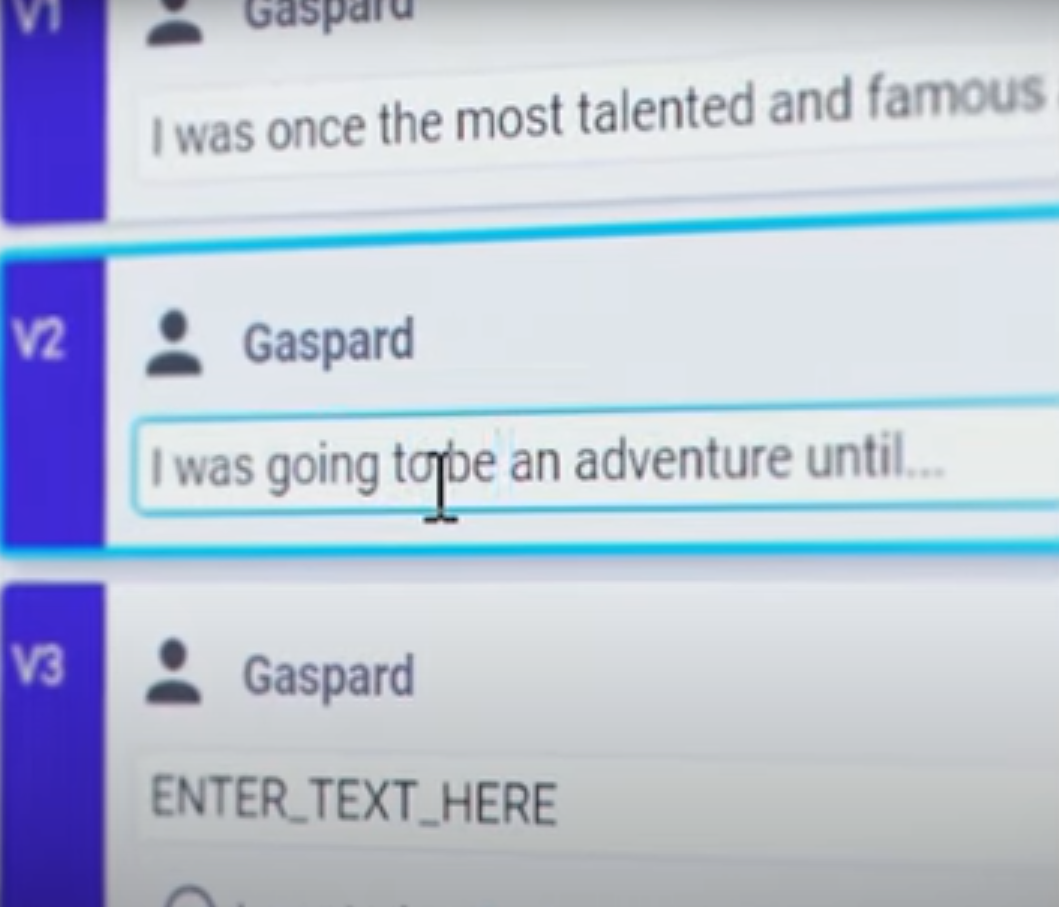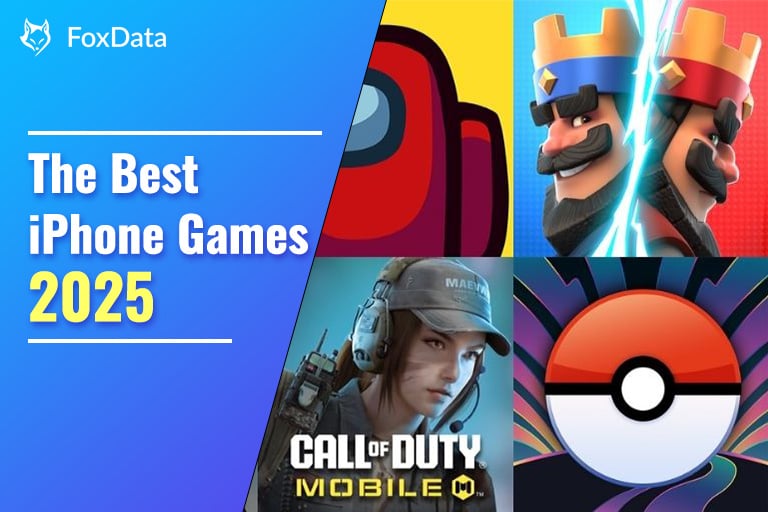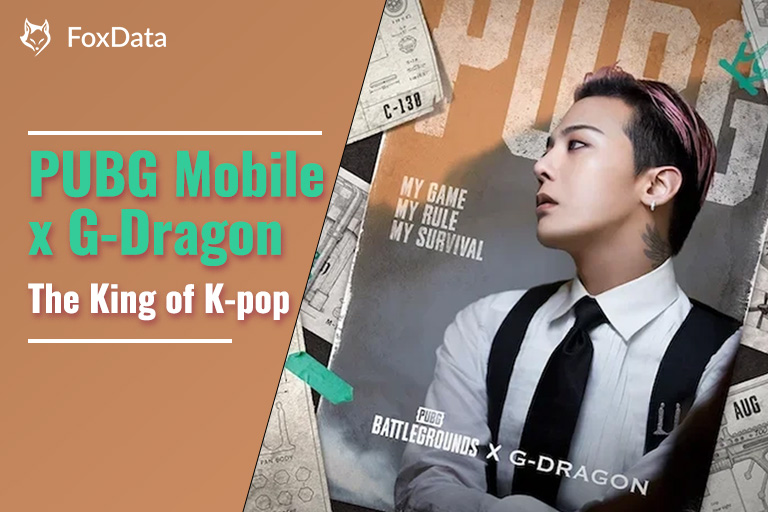AI's Impact on the Video Game Industry: Innovation or Job Threat for Developers?

Artificial intelligence (AI) has the potential to disrupt the video game industry, raising concerns among developers about the threat it poses to their work. Some creators caution that games created solely using AI may lack meaningful choices or a human touch.
AI has been a part of video games since the early days, powering elements like computer-controlled opponents in games like Pong. However, new generative AI programs are now being touted as a way to revolutionize the creation of digital game worlds.
While some developers see the promise of generative AI in creating more sophisticated feedback and dynamic experiences for players, others express apprehension. They worry about the technology being used to replace the skilled specialists who bring games to life, such as programmers, artists, and performers.
Rebecca Ford, creative director of Warframe at Digital Extremes, emphasizes the importance of skilled specialists in the creative process. She believes that robots should not be making all the creative decisions, and that humans should retain control.
Concerns have also been raised by artists who have seen their work used without consent by AI programs for image generation. While generative AI programs currently cannot produce the code that forms the foundation of games, they can generate concepts for characters, locations, and storylines, similar to how a novel or film is created.
In Hollywood, both the actors union SAG-AFTRA and the Writers Guild of America have expressed concerns about the use of AI in film and television projects. In the video game industry, SAG-AFTRA has voted to authorize a strike against major game companies over issues related to voice work and performance capture.
The definition of AI in games has evolved over time. In the past, AI referred to scripted behaviors that gave players the illusion of interacting with intelligent entities. However, generative AI programs offer the potential for more dynamic and responsive experiences, such as real-time generated character dialogue or tactical movements.
Ubisoft, the studio behind popular game series like Assassin's Creed, is developing an AI-powered tool called Ghostwriter to assist video game writers. The tool aims to alleviate the laborious task of generating incidental chatter for background characters, for example.
While generative AI can help developers explore ideas and refine concepts, many emphasize the importance of the human element in the creative process. Developers believe that AI-generated ideas still require human intervention and fine-tuning to be truly impactful. They argue that AI should be used as a tool for inspiration and prototyping, rather than as a replacement for human creativity.
The game development community recognizes the value of generative programs in certain aspects, such as procedurally generating game worlds. However, they caution against relying too heavily on AI-generated content, as it may lead to a lack of meaningful and diverse experiences for players.
In conclusion, while AI has the potential to enhance certain aspects of game development, it is important to strike a balance between leveraging AI tools and preserving the creative contributions of skilled specialists. The industry should continue to explore how AI can complement human creativity rather than replace it entirely.
Now just join FoxData and embark on a journey of marketing excellence as we unveil the latest industry news, unveil powerful growth strategies, and present cutting-edge measurement solutions.
With FoxData as your guide, watch your performance soar to new heights!






